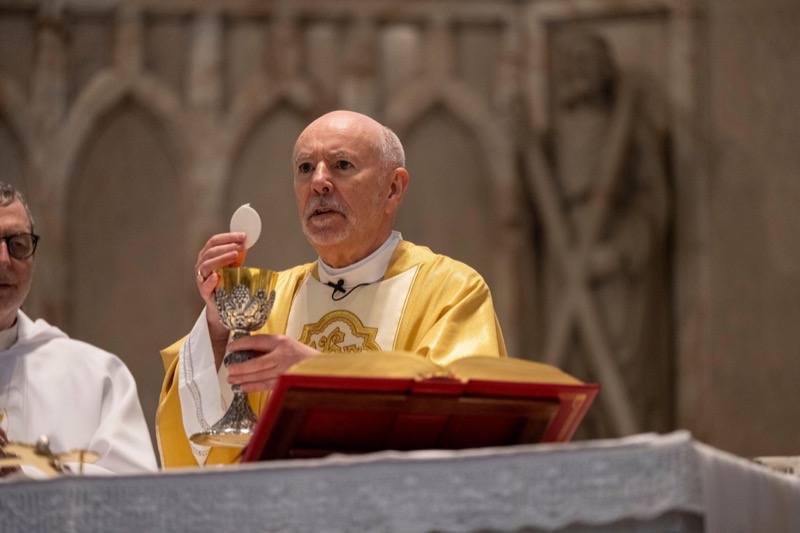A theologian argues that the Church of England should come off the fence and champion liberal democracy
We have taken the liberal state for granted. The tragedy in Ukraine has awakened many commentators to a renewed appreciation and admiration for the miracle of liberal democracy – flawed, tottering but still standing. They salute the courage and resilience of the people of Ukraine, and marvel at the extraordinary price they are willing to pay to belong to the “free world”. They note that liberal democracy has a new icon in the form of Volodymyr Zelenskiy. Then their gaze turns to their own flabby, cosseted culture. They declare, let this be our wake-up call. Their oration might cite Auden: we have colluded in “a low, dishonest decade”.
On one level, these writers, journalists and broadcasters have no trouble articulating the features of liberal democracy. It is a form of politics based on individual rights, tolerance of opinions we don’t much like, free elections, free speech, free press, equality under the law and so on. But something is missing. Such defences feel rather little, rather dry, rather dated, even rather beleaguered. Francis Fukuyama’s famous “end of history” thesis, first set out (with more nuance and qualification than Fukuyama is usually given credit for) in 1992, that the evolution of forms of government has reached its highest form with the creation of liberal democracy, has been scoffed at from critical theorists on the Left and the angry anti-wokery Right almost from the day it appeared. (Fukuyama himself has recently published a sequel recommending his own strategy for keeping the flame alive.)




User Comments (1)